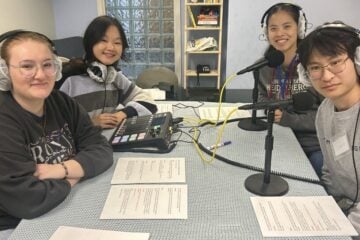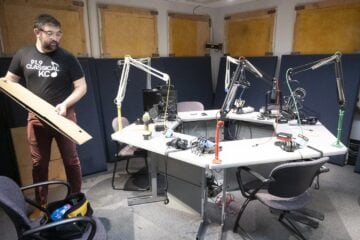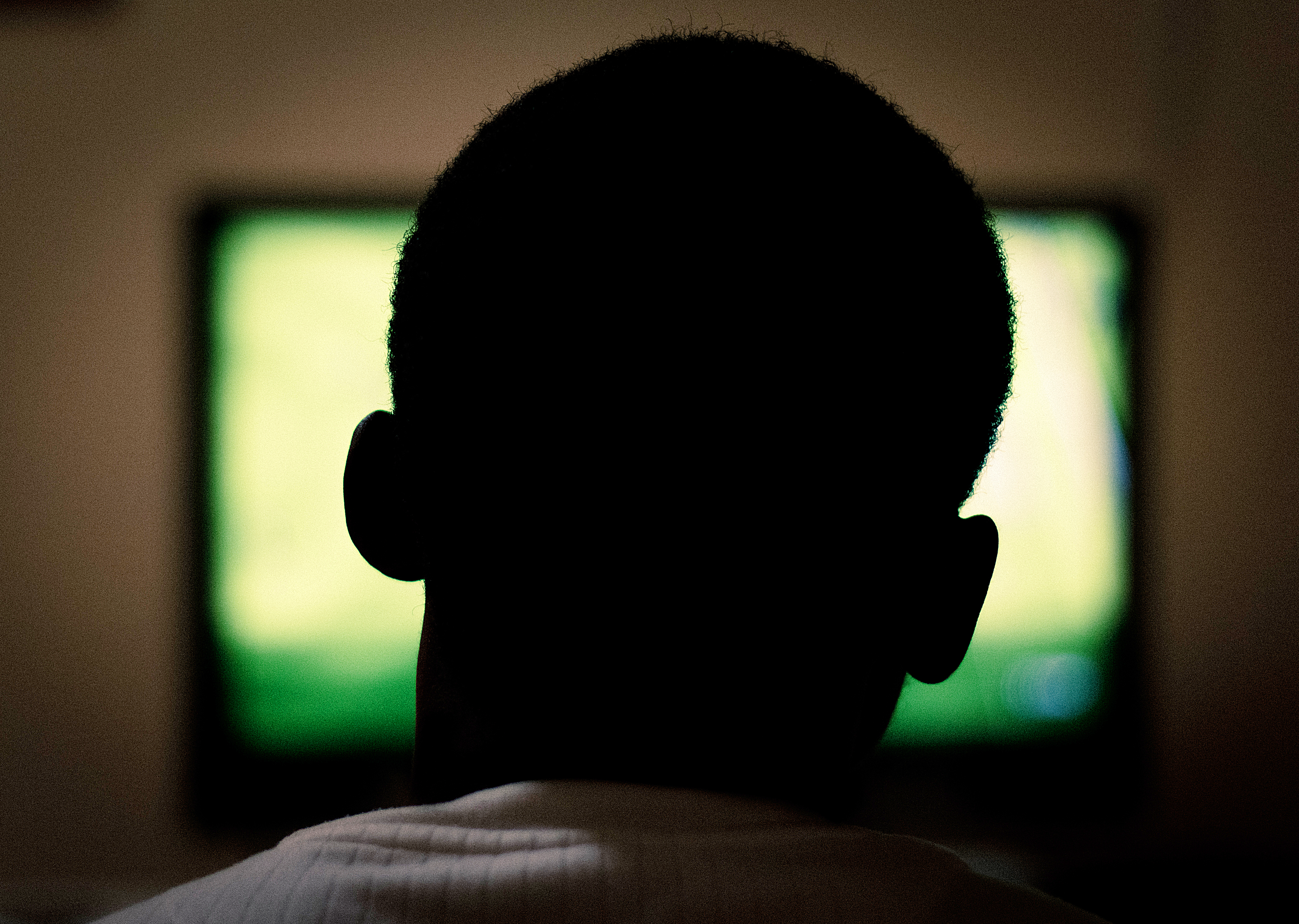NPR opposes FCC proposal to expand use of C-band satellite spectrum
NPR is fighting a FCC plan that could require it to share satellite spectrum frequencies with companies that provide smartphone and other broadband wireless services.
NPR and commercial broadcasters currently use the frequencies at issue — in the 3.7–4.2 GHz range, also called the C-band — to deliver programming to stations via satellite.
But as part of a wide-ranging effort to free up spectrum for use by smartphones and other broadband services, the FCC is considering allowing wireless carriers such as T-Mobile and Verizon to access the band and other frequencies.
In an inquiry launched in August, the FCC sought comment about how the frequencies could best be opened to wireless companies. It also asked whether it should consider moving licensees now using the band to other frequencies.
“As the world goes wireless, as consumers rely more heavily on their mobile devices, we need to keep up,” said FCC Chairman Ajit Pai in a statement about the inquiry.
In a series of filings and lobbying visits, NPR has said that sharing the band could cause interference with the programming it and other networks deliver to stations.
“NPR is concerned that additional terrestrial use of the C-band spectrum, particularly for mobile broadband, would threaten the public’s access to public radio station broadcasts of Morning Edition, All Things Considered, Marketplace, and other popular public radio programming,” NPR said in comments filed Oct. 2.
In Nov. 15 reply comments, the network added, “We believe and urge the commission to accept that current users of C-band frequencies … must retain primacy of their use and that additional uses of these vital C-band frequencies be permitted only if the absolute integrity of these current uses is protected and assured.”
And in an April 30 follow-up meeting with FCC Commissioner Michael O’Rielly, NPR representatives reiterated the network’s arguments against sharing the spectrum, according to an FCC lobbying disclosure filing. O’Rielly wrote in a blog post last year that he supported a plan to allocate the band to mobile wireless, with existing licensees either protected or “otherwise accommodated.”
“[W]e discussed the lack of available, cost-effective alternatives to satellite for reliable public radio program distribution to public radio stations across the country,” the NPR contingent said, according to the disclosure document. “NPR’s representatives explained that the noncommercial, nonprofit public radio system cannot afford alternative means of program distribution (such as terrestrial/fiber networks), which are significantly more expensive than satellite distribution. NPR further noted that there are rural and remote areas of the country where fiber does not reach and there are no alternatives to satellite distribution (regardless of cost).”
Commercial broadcasters and networks share NPR’s concerns, according to FCC filings. “The commission cannot authorize mobile operations in the same frequency band without creating widespread harmful interference that will disrupt television and radio service for tens of millions of Americans and upend billions of dollars in investment,” said the National Association of Broadcasters in Nov. 15 reply comments filed with the FCC.
Meanwhile, T-Mobile said in a Nov. 15 filing that access to the 3.7–4.2 GHz band is “critical” to the growth of the mobile wireless industry and that the FCC should proceed quickly to make it available for wireless operators.
The FCC also issued a public notice May 1 seeking comment on a provision in a federal funding bill signed into law this year requiring the commission to report to Congress on the “feasibility of allowing commercial wireless services, licensed or unlicensed, to use or share use” of the 3.7-–4.2 GHz band.
Before the FCC can rule on the inquiry’s proposals to open the band to wireless services, it would first have to launch a rulemaking providing the public with the opportunity to comment on proposed rule changes.
While NPR is concerned that the FCC proposal could “screw up” public radio’s satellite delivery system, the wireless industry appears to have the upper hand on the political front, said John Crigler, a communications attorney with the law firm Garvey Schubert Barer.
“Politically, if the question is between noncommercial radio and the wireless industry, who would you bet on?” said Crigler. But advocates for public broadcasters “hope this will be based rationally and not just on the power basis,” he added.







